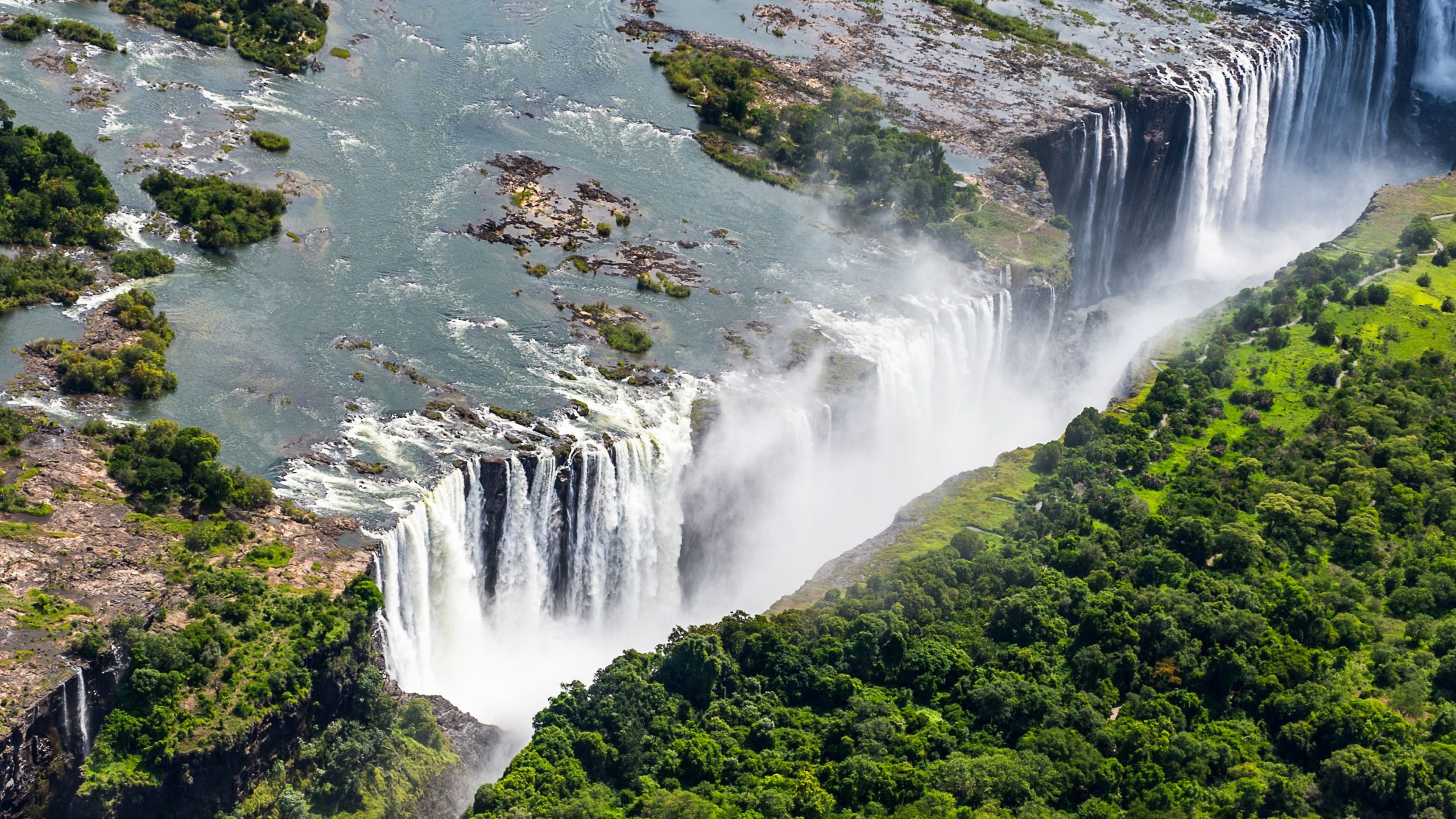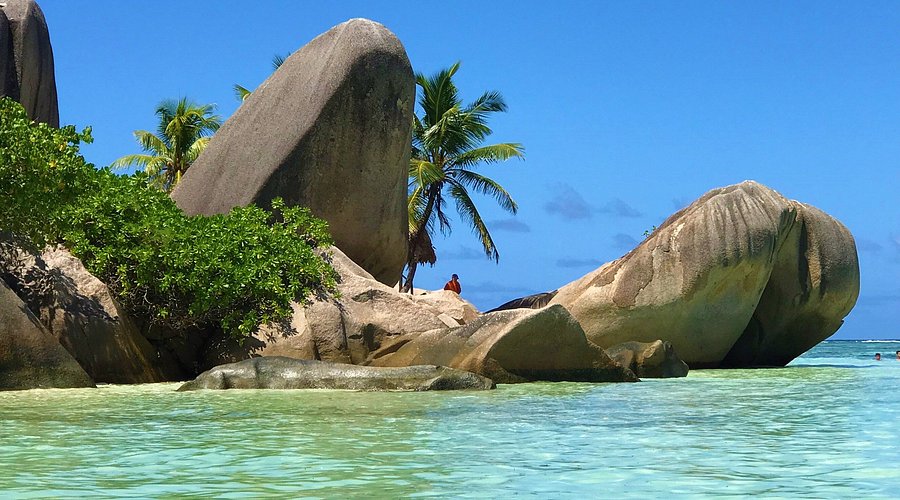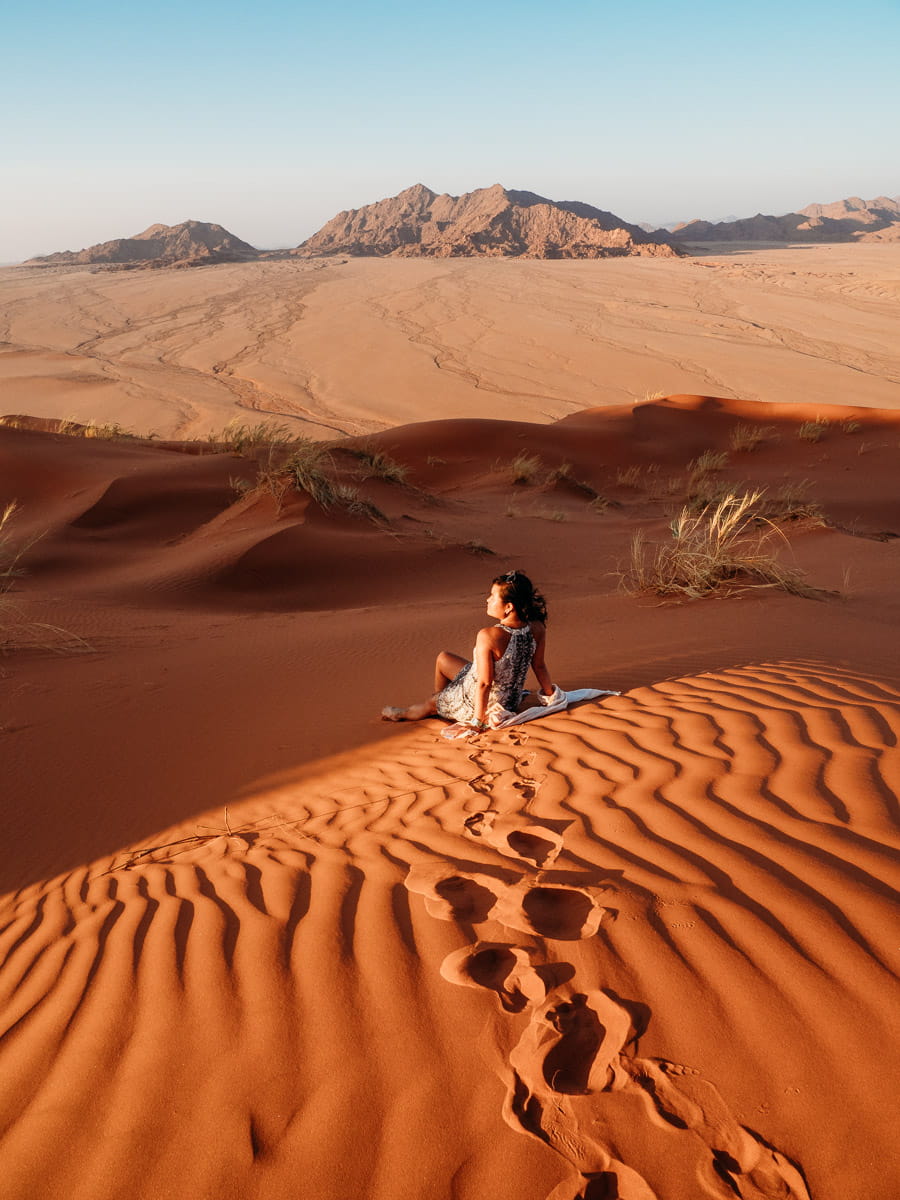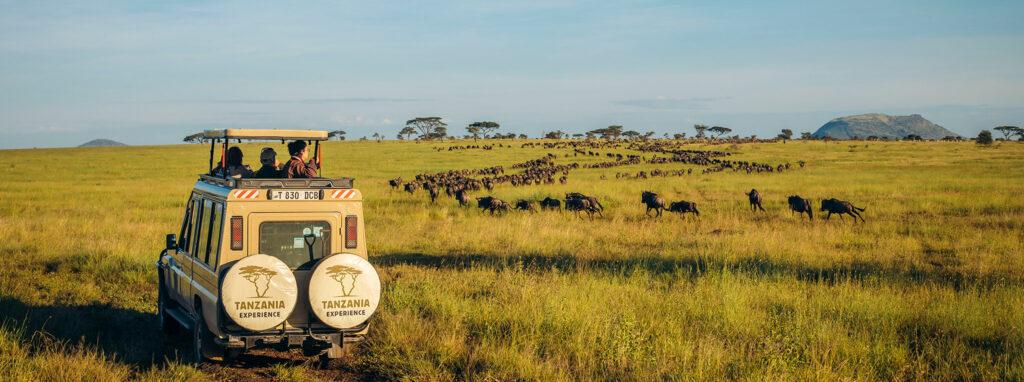Backpacking Morocco: 7-Day Budget Itinerary from Imlil to Mount Toubkal
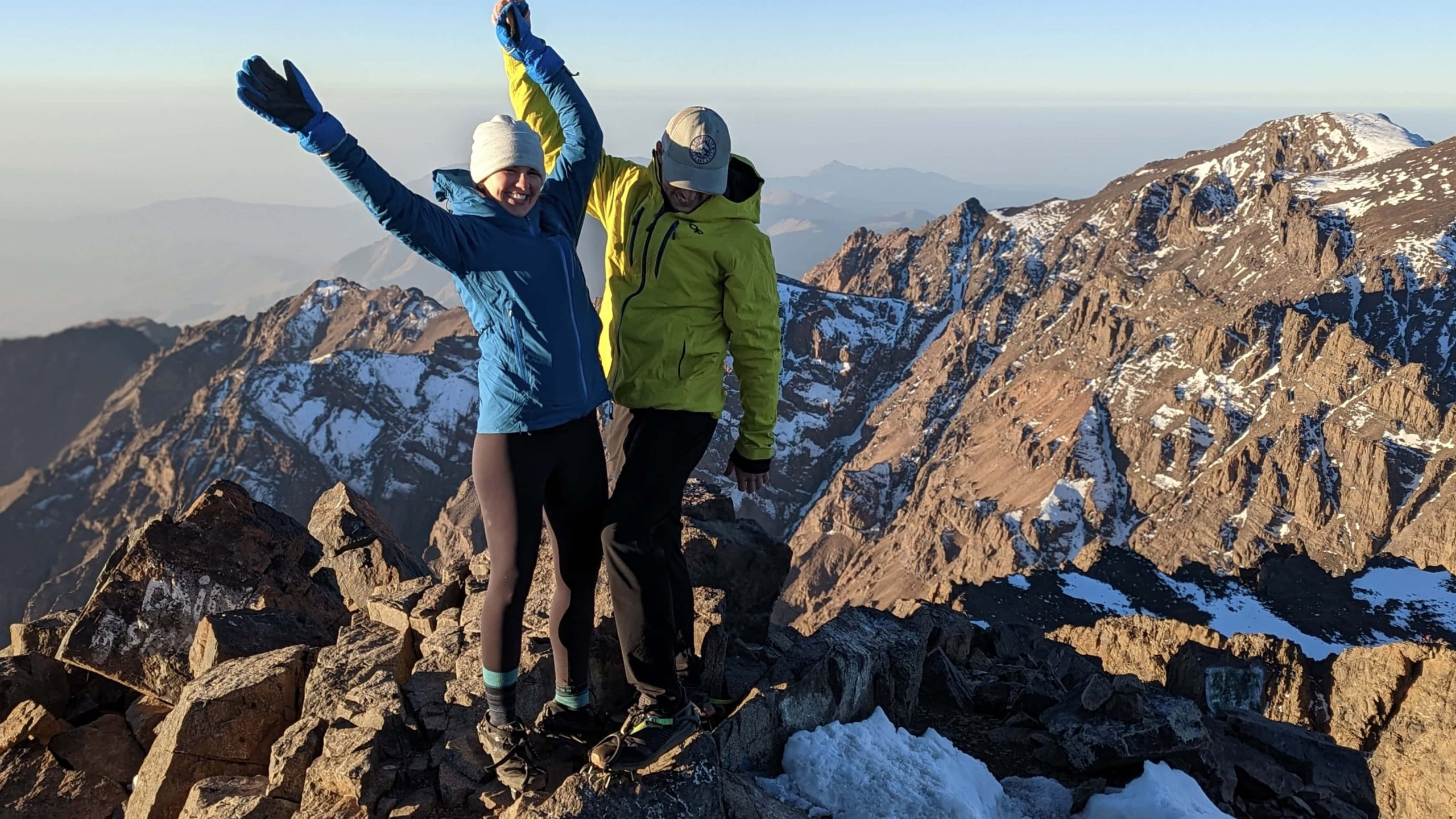
Embark on an unforgettable journey backpacking Morocco with this detailed 7-day budget itinerary from Imlil to Mount Toubkal. Mount Toubkal, standing at 4,167 meters, is the highest peak in North Africa and a must-visit for hiking enthusiasts. This guide will help you navigate the Atlas Mountains, experience authentic Berber culture, and manage your trip affordably while exploring some of Morocco’s most stunning landscapes.
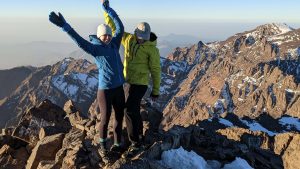 Image: Imlil village, the starting point of the trek, nestled in the Atlas Mountains
Image: Imlil village, the starting point of the trek, nestled in the Atlas Mountains1. Starting Point: Imlil – Gateway to the Atlas Mountains
Imlil is the main base camp for trekking Mount Toubkal and offers a warm welcome with budget-friendly places to stay like guesthouses and riads. For example, stays at Riad Atlas Prestige cost about £17 per night, making it a great option for budget travelers. The village maintains a genuine Berber atmosphere and is well-equipped with essential trekking services such as local guides, mule transport for carrying luggage, and affordable meals.
A day hike with a guide including lunch can cost around 53 Euros, which is reasonable considering the cultural insight and safety it provides. Imlil is also the hub from which multiple multi-day treks depart, making it the backbone of your Atlas Mountains adventure. Learn more at Lonely Planet’s trekking guide.
Source: Atlas Mountains trekking details | Imlil accommodations
2. Day 1: Imlil to Ouaneskra – Beginning the Trek
Your trek begins with a gentle ascent from Imlil to Ouaneskra. This first day is perfect for acclimatization, with a moderate elevation gain and scenic walking through small Berber villages. The area gives hikers a glimpse of untouched rural life with a medieval vibe surrounded by oak and walnut forests.
Expect to hike a few hours, pacing yourself to enjoy the natural beauty and the peaceful atmosphere. This introduction is friendly for even those newer to mountain trekking. For additional tips on acclimatization and beginner hikes, see REI’s high altitude trekking preparation.
Source: Day 1 trek description | Berber village culture | Forest and terrain info
3. Days 2-4: Ouaneskra to Amsouzart via Azib Likemt and Lac d’Ifni – Immersive Atlas Mountain Landscape
Day 2: Ouaneskra to Azib Likemt
This leg of the journey leads through higher valleys. If you trek during winter, expect to see stunning snow-capped peaks. In warmer seasons, wildflower meadows bloom, creating vibrant fields along your route.
Day 3: Azib Likemt to Amsouzart
Hiking through the Imnane Valley introduces you to rich natural flora and traditional Berber agriculture. It’s a wonderful way to experience mountain life and appreciate the sustainable farming practices still used here.
Day 4: Amsouzart to Lac d’Ifni and Tizi n’Ouanoums Saddle
This day is physically challenging but incredibly rewarding. You’ll cross the alpine landscapes surrounding Lac d’Ifni, a striking mountain lake often dotted with snow patches and grazing sheep. The journey culminates at the Tizi n’Ouanoums pass with panoramic mountain views that lead you toward the mountain refuge.
Be sure to prepare well for this day as it demands stamina and proper gear. Additional ecological insights on Berber agriculture and mountain sustainability can be found at National Geographic’s article on Berber tourism.
Source: Atlas Mountain trails | Berber agriculture
Image: Lac d’Ifni, a beautiful mountain lake on the trek
4. Day 5: Tizi n’Ouanoums to Refuge du Toubkal – Approaching the Mountain Base
Starting early is vital for this ascent to Refuge du Toubkal. Situated around 3,200 meters below the summit, the refuge serves as a key stop for rest and acclimatization. Booking your stay in advance is highly recommended, especially during peak trekking seasons.
The trail is steep and demands good conditioning but helps your body adjust to high altitude, essential before the summit push.
The refuge provides simple accommodation and meals, giving you a cozy spot to prepare for the big climb ahead. Find more detailed refuge and peak preparation advice at Mountain Forecast Toubkal info.
Source: Refuge information | Summit preparation
5. Day 6: Summit Mount Toubkal and Descend to Aroumd
Day six is the highlight of the trip. The climb from Refuge du Toubkal to the summit spans approximately 3.5 km, with a 1000 meters elevation gain. Expect a challenging 6-8 hours with some scrambling required over rocky terrain.
Successfully reaching the peak offers expansive, breathtaking views of the entire Atlas range, the vast Sahara Desert to the east, and the Atlantic Ocean on clear days. After taking in these sights and resting, descend to the nearby Berber village of Aroumd.
Aroumd offers welcoming guesthouses and a rich cultural ambiance, perfect for celebrating your achievement. For summit-specific hiking challenges and tips, see Outside Online’s Toubkal Climb Guide.
Source: Summit details | Aroumd village culture | Trekking challenges
6. Day 7: Aroumd to Imlil and Return to Marrakech
Your last day involves a relaxed descent from Aroumd back to Imlil. The trail winds gently through mountain villages and lush valleys, typically taking a few hours.
Once in Imlil, rest and prepare for your journey to Marrakech, about 1.5 hours away by road. Transportation options include grand taxis and minibuses, but these are sometimes infrequent and can require waiting. Private taxis offer quicker, more reliable rides at a higher cost (~240 DH).
Back in Marrakech, consider visiting the vibrant medina, bustling souqs, the stunning Bahia Palace, or unwinding in a traditional hammam to end your trip on a culturally rich note. For a guide to the best Marrakech attractions and experiences, see TripAdvisor Marrakech Attractions.
Source: Transport options | Return to Marrakech | Marrakech attractions
7. Budget Considerations and Tips
Traveling Morocco on a budget is entirely feasible with some planning:
- Accommodation: Expect to pay around £15-20 per night in guesthouses and riads in Imlil and mountain villages. Mountain refuges have modest fees.
- Guides: Moroccan law requires guides for the Mount Toubkal summit. Hiring a local guide not only ensures safety but enhances your cultural experience. Daily guide rates run around 50 Euros.
- Food: Enjoy authentic Berber cuisine at mountain villages and Imlil, with meals typically costing 8-10 Euros.
- Transport: Bus tickets between Marrakech and Ouarzazate cost roughly 80 DH. Taxi fares from Imlil to Marrakech hover around 240 DH. Minibuses are cheaper but less reliable.
- Gear: While trekking gear rentals exist locally, availability is limited. It’s best to bring essential gear like solid boots and warm clothing. Packing light is key; mule transport is available for carrying heavier loads on the trek.
Source: Budget tips | Gear advice | Further budget travel insights available at Nomadic Matt’s Morocco travel costs
Frequently Asked Questions (FAQs)
Conclusion
Backpacking Morocco’s Atlas Mountains on a budget is a rewarding adventure filled with cultural immersion, breathtaking landscapes, and personal challenge. Starting in Imlil and trekking to Mount Toubkal’s summit reveals the heart of Berber life and North African wilderness. This 7-day itinerary packs the best of the region into an affordable, manageable trip.
Prepare well, hire local guides, and embrace the journey’s highs and lows for an experience you’ll never forget.
For more travel guides about Morocco and beyond, visit our Travel Blog Home.
